AeroGenie — Your Intelligent Copilot.
Trending
Categories
Engine Failure and Cabin Smoke Reported on Rano Flight
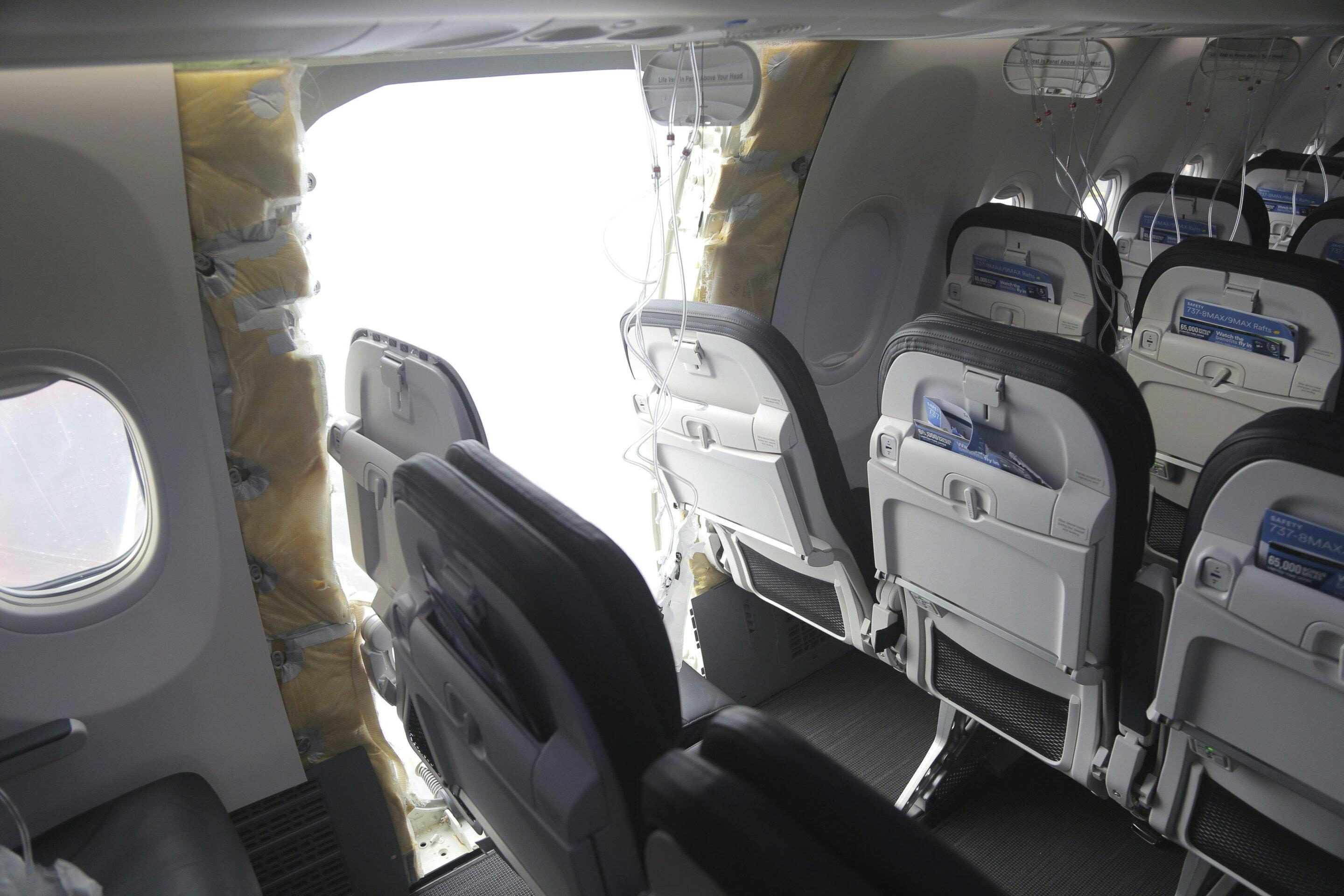
Engine Failure and Cabin Smoke Incident on Rano Air Flight
A Rano Air aircraft, registered as 5N-BZY, encountered a critical engine failure involving its number one engine during a recent flight, which resulted in smoke filling both the cabin and flight deck. The flight crew responded promptly by donning oxygen masks and implementing established safety procedures as the aircraft prepared for an emergency landing. Fortunately, the smoke dissipated, and the pilot successfully landed the plane without further complications.
Regulatory Response and Operational Impact
In the aftermath of the incident, the Nigerian Civil Aviation Authority (NCAA) Directorate of Airworthiness ordered the immediate grounding of the aircraft pending a comprehensive investigation. Maintenance engineers are currently conducting inspections and repairs while the plane remains on the ground. The NCAA reaffirmed its stringent safety protocols, emphasizing that flights within Nigeria are frequently cancelled at the earliest sign of safety concerns—a precautionary approach it claims surpasses that of some more developed aviation markets.
The disruption extended to passenger travel plans as well. A rescue aircraft initially designated to transport stranded passengers from Sokoto was reassigned to another route serving Abuja-Katsina, leading to the cancellation of the Sokoto flight to avoid logistical complications.
Broader Context and Industry Implications
This incident occurs amid increased global scrutiny of aviation safety standards. The United States National Transportation Safety Board (NTSB) has recently issued urgent advisories addressing vulnerabilities in certain aircraft engines, particularly following events where bird strikes have caused smoke to infiltrate passenger cabins. These warnings highlight the persistent challenges airlines face in managing technical failures and maintaining passenger safety.
Industry experts observe that occurrences involving engine malfunctions and cabin smoke often trigger immediate regulatory reviews and can temporarily undermine passenger confidence in the affected carriers. Airlines involved in such incidents typically encounter heightened oversight from aviation authorities and may experience a short-term decline in ticket sales. Meanwhile, competitors may leverage these moments to reinforce their own safety credentials and reliability to the traveling public.
The NCAA reiterated its commitment to prioritizing passenger safety and assured that all necessary measures are being taken to uphold the airworthiness of Nigeria’s commercial fleet. The investigation into the Rano Air engine failure and cabin smoke event remains ongoing.

Sabre Introduces New AI-Driven Platform

Photo of the Day: Special Delivery
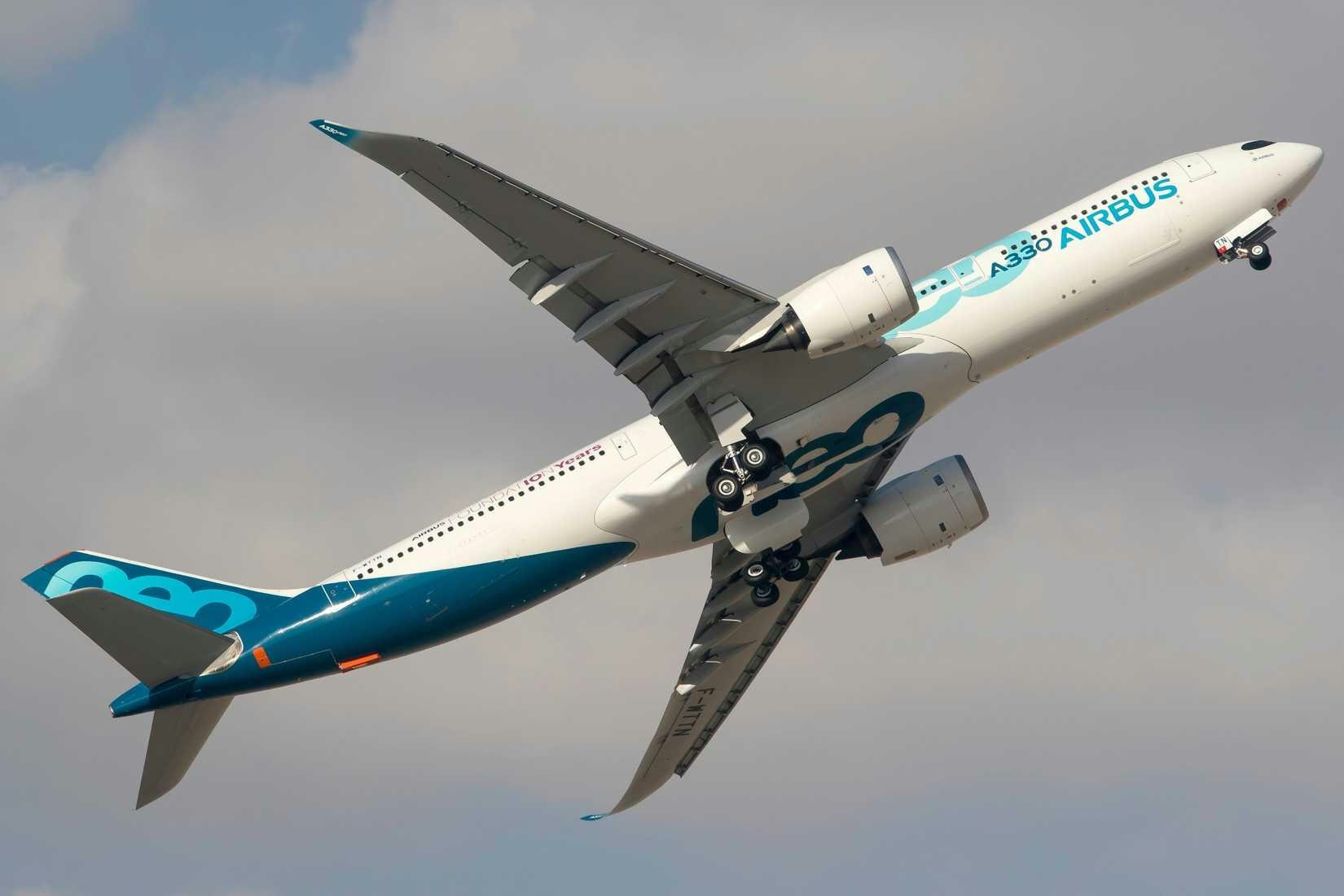
GOL CEO Confirms Possible Arrival of A330neo Widebody Aircraft

American Airlines donates APU to AIM Chicago for student training
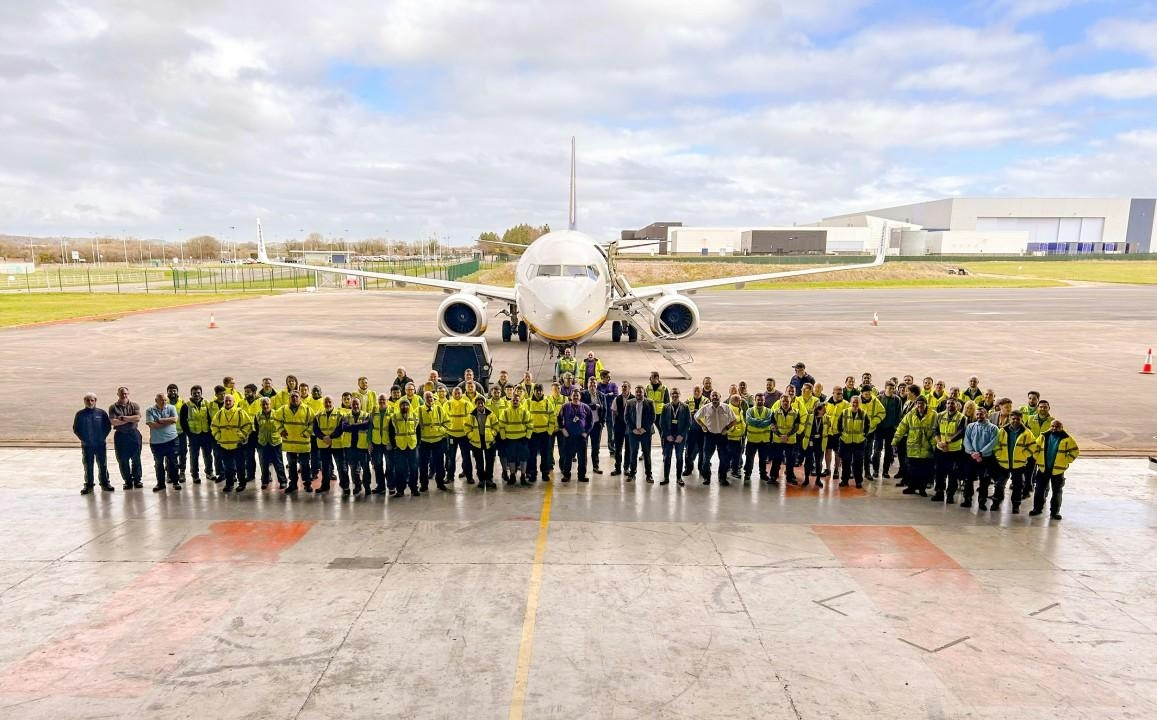
Steer Appointed Base Maintenance Manager at Caerdav
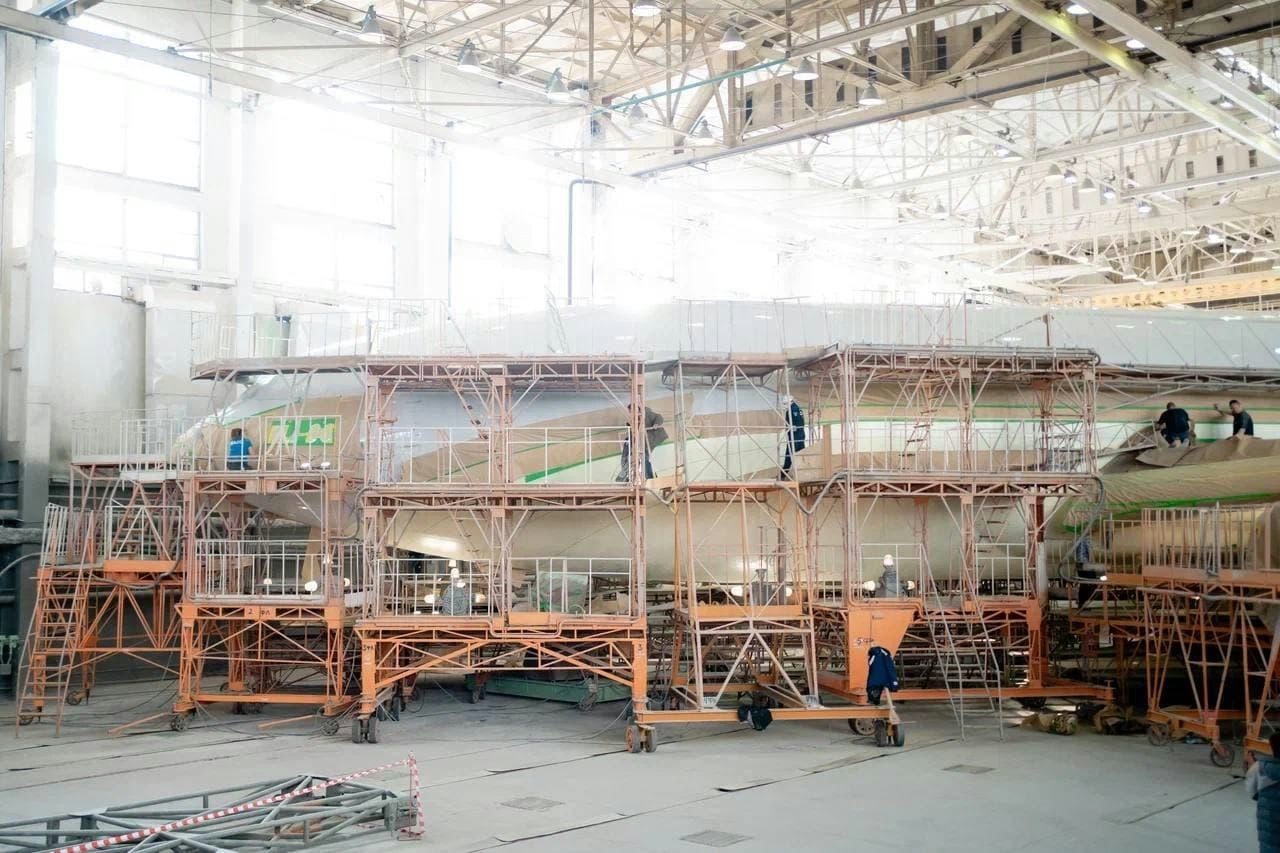
New Il-96 Wide-Body Aircraft Built in Russia; Customer Remains Undisclosed

Japan Airlines Launches JAL Innovation Fund II to Support Technology Ventures

SESAR JU and Canary Islands Sign Agreement to Advance Air Traffic Management
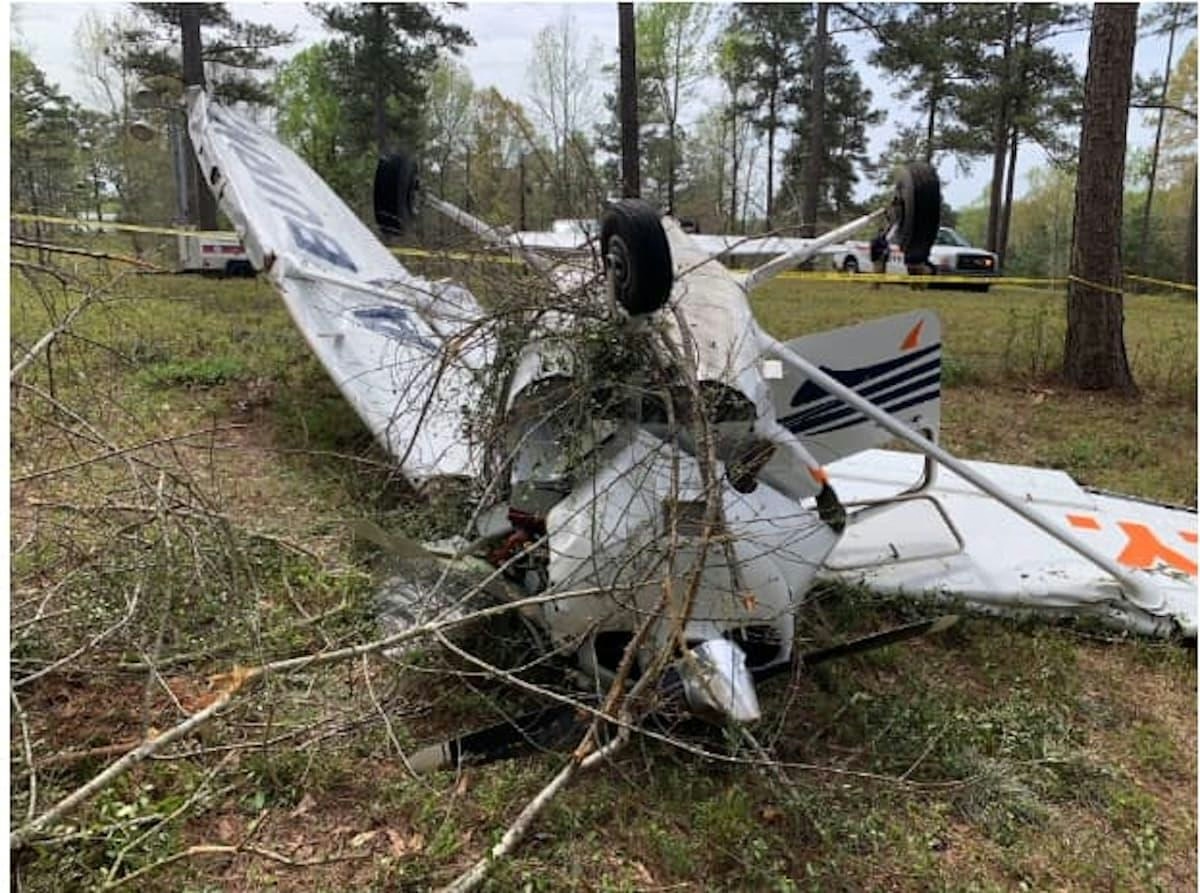
Contaminated Fuel Injector Causes Emergency Landing

CJI London Highlights Textron’s Commitment to Innovation
